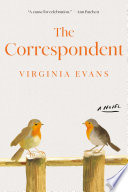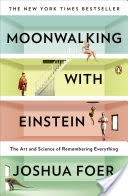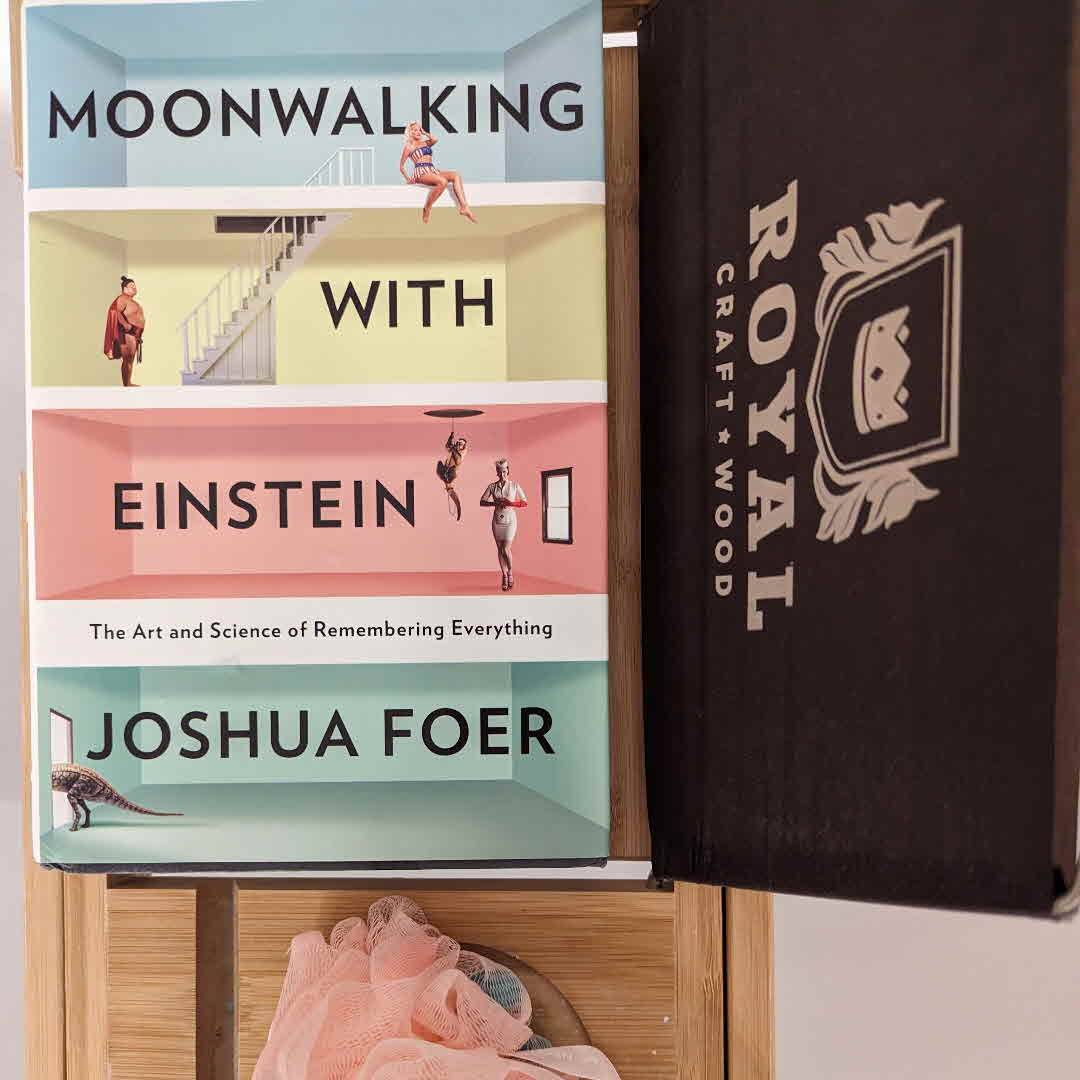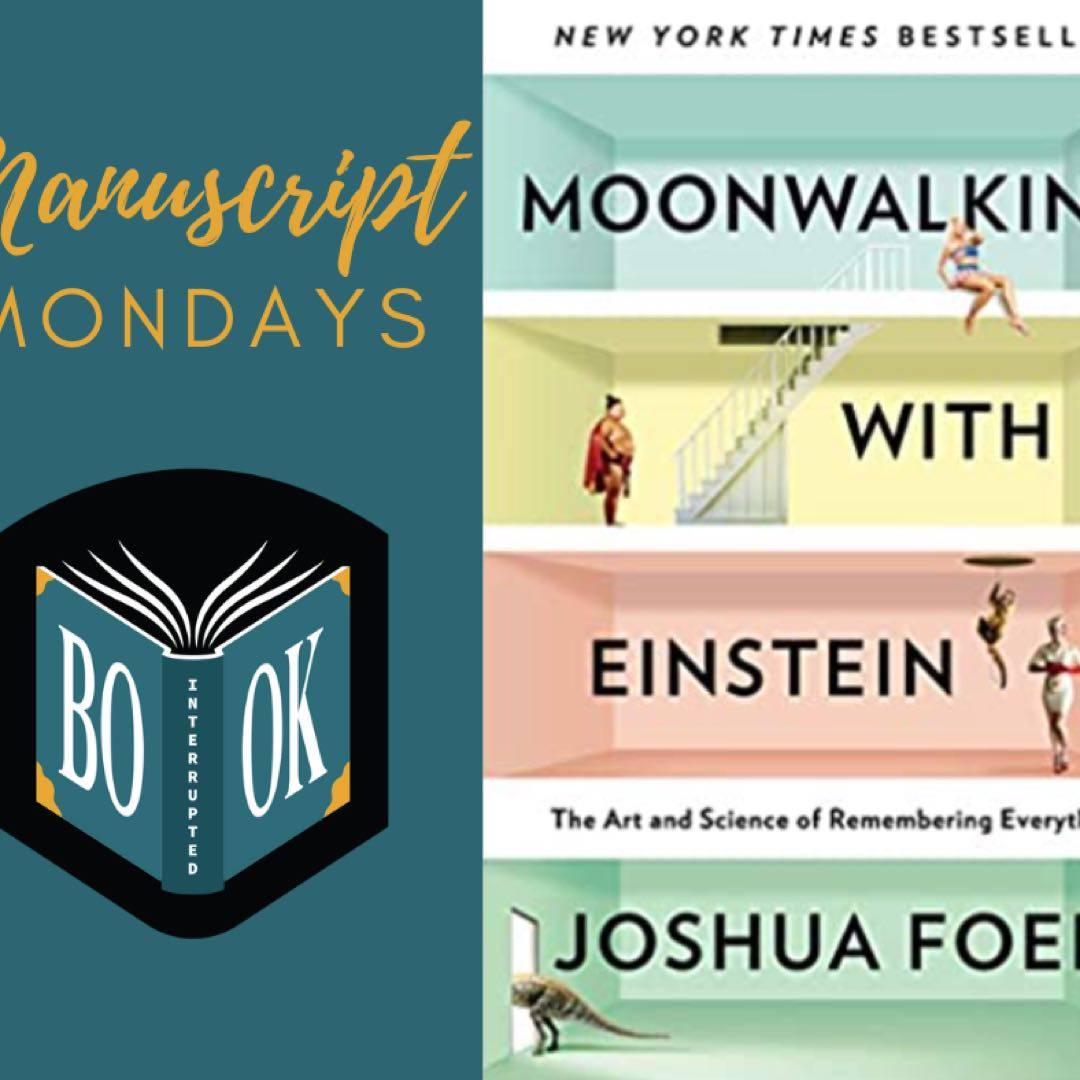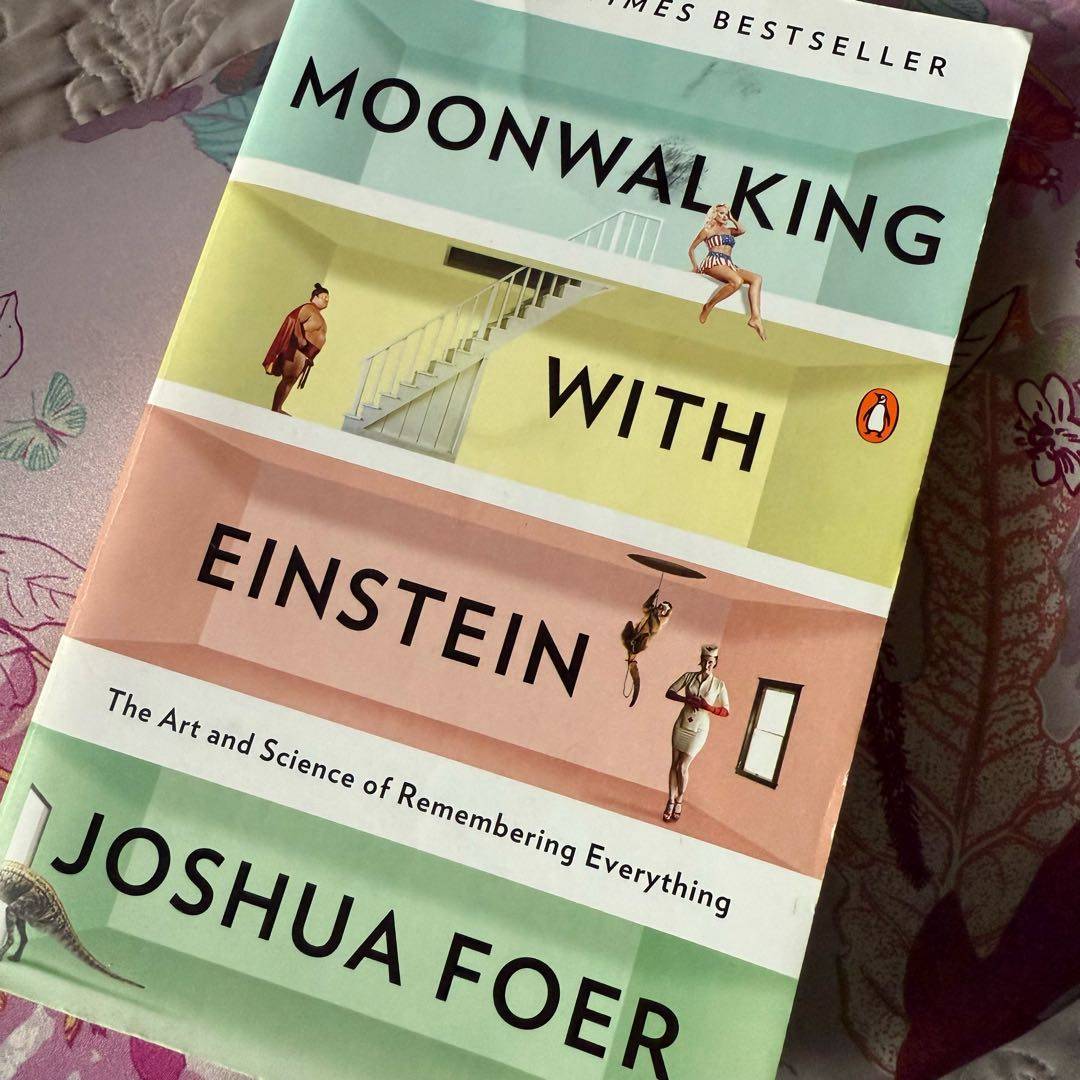
The author tells his journey of being a reporter and becoming the champion of the US memory competition, through a fluke of chance encounters during research for an article. He tells about the techniques he learned from European competitors and how after one year of training, beat the past US champions and other favorites.







